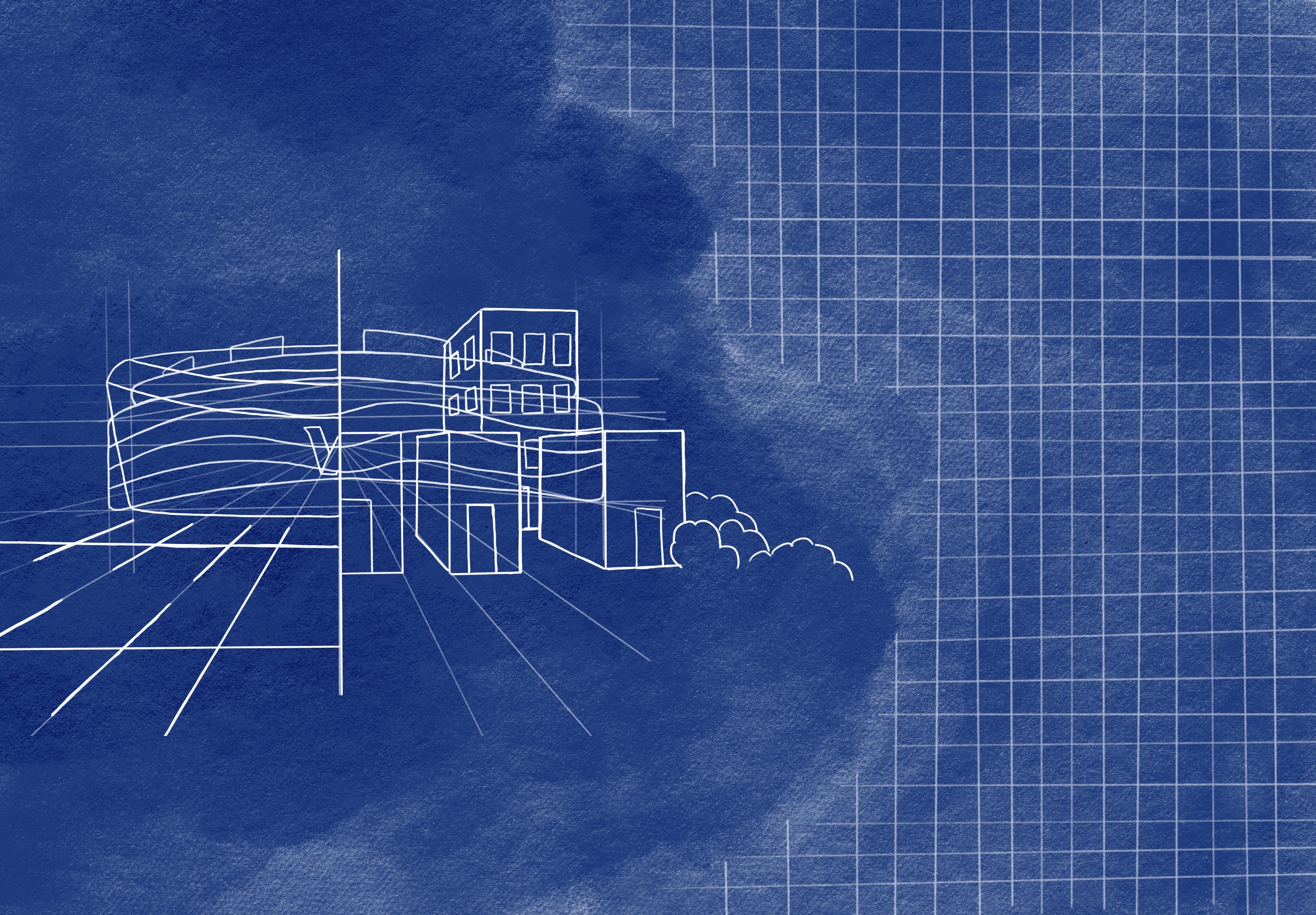The Robert F. Kennedy (RFK) campus, a 174-acre plot of land along the Anacostia riverbank, hosts green space, a skate park, and a football stadium that hasn’t seen a game in years.
That may change soon.
On Jan. 6, President Joe Biden signed the RFK Memorial Stadium Campus Revitalization Act, transferring administrative control over the campus to the D.C. government for 99 years, though the federal government retains ownership. The transfer has sparked debate over how to use the land: a new stadium, housing, retail or recreational space, or some combination of these options.
“It is a good day for DC when we finally have control of our own destiny at the RFK campus,” Mayor Muriel Bowser wrote in a press release. “We are ready and optimistic about unlocking the full potential of this space, and with more than 170 acres of land we can do it all—deliver housing, economic opportunity, green space, recreation, sports, and more.”
The city is now set to decide the future of the site, which is in Ward 7, though the Act requires reserving at least 30% of the land for park space.
One potential plan that has been met with significant controversy is building an NFL stadium for the Washington Commanders on the campus. The Commanders currently play at Northwest Stadium in Landover, Maryland, but their lease expires in 2027. From 1961 to 1996, the Commanders played at RFK Stadium. Since then, the stadium has fallen into disrepair and is scheduled for demolition. Now, the team is looking at locations in D.C., Maryland, and Virginia.
Bowser and Josh Harris, managing partner of the Commanders, are developing a finance plan for the location, but any plan that uses local tax dollars must be approved by the D.C. Council. The Act prohibits federal funding for a new stadium.
The cost of developing the RFK campus or building a new stadium is still unclear. Previous stadium projects have been expensive—the District covered the entire cost of Nationals Park at nearly $700 million and invested $150 million in Audi Field. While D.C. would most likely finance part of the Commanders’ stadium, it could still cost hundreds of millions of dollars.
Some local leaders are concerned that a football stadium will negatively impact residents, pulling land and resources away from residential and commercial development.
“NFL stadiums are notoriously bad economic drivers,” Ebony Payne, Advisory Neighborhood Commissioner 7D05, who represents the nearby Kingman Park neighborhood, wrote to the Voice. “Empty parking lots equate to lost opportunities for economic development.”
An NFL stadium is used 12.5 times a year on average, including entertainment and games.
A stadium and its accompanying parking—the average NFL stadium has at least 20,000 parking spots—could easily fill the RFK campus, though underground parking or public transportation would reduce the land needed.
District residents are split over the stadium question. According to a poll by the D.C. Fiscal Policy Institute, 39% of voters are in favor, while 55% of voters believe that the land should be used primarily for “housing and neighborhood amenities.”
“The Council must understand that the vast majority of the residents who live here do not want to live next to an NFL stadium, so using DC taxpayer dollars in pursuit of this project only adds insult to injury,” Payne wrote.
Some local advocates worry that the NFL won’t prioritize local concerns if the land is put toward a new stadium.
“The NFL is a mega-corporation and they want RFK to be developed in a way to maximize their profits,” Ed Lazere, a member of the No Billionaire’s Playground Coalition, which opposes a new NFL stadium, wrote to the Voice. “If the NFL is the main focus, the mayor’s claim that we can meet both NFL needs and community needs is not believable.”
Some D.C. leaders hope that the Council will prioritize developing affordable housing and other community spaces on the RFK campus.
“I do think it is very important that we use that land to build a lot of housing and affordable housing because D.C. is facing a housing crisis,” Ankit Jain, one of D.C.’s two shadow senators—non-voting representatives who lobby Congress for D.C.’s interests—said. “This is the last large, undeveloped plot of land in D.C.”
Some have expressed fears that building a new neighborhood on the RFK campus, particularly if it includes a stadium, will fuel gentrification in D.C., but Jain emphasized that affordable housing at the site could combat displacement. More than 80,000 residents in D.C. do not have stable housing, an issue fueled by the lack of available, affordable units in the city.
“The main reason people get displaced out of D.C. is because it’s just so expensive to live here,” Jain said. “Building new affordable housing at this site is, I think, actually going to be one of the best ways we can reduce displacement in the city.”
Payne also urged the District to work directly with community members.
“There should be a meaningful effort to engage with the community on what uses we want to see here,” Payne wrote.
The original RFK Stadium is set to be demolished starting in late January, but beyond that, the fate of the RFK campus remains unknown. Still, local leaders expressed optimism over the possibilities it creates.
“It’s for the Council to decide exactly how the site is used, but I do think there’s a lot of opportunities to create a great new neighborhood in D.C.,” Jain said.







